Муся published pictures, that come from Boris Schneerson’s granddaughter that now lives in Ashkelon. It’s unnerving to write Musya in Russian because it’s the name of my mother, before it got debased in Chabad. Hmm, debased sounds different now in the American political context.
This is to close the loop on the two posts and much thinking:
As Муся points out, the woman had many names, Evgenia, Genia, Geisya, Henya Schneerson. I think relatives called her Genia. Others probably called her Evgenia or Zhenya, Женя.
Genia loved flowers, as we shall see. The sister of Zalman Schneerson.
She married and had a son before the war. She was a medical doctor.
Aunt Genia, uncle Josef and Rosa (daughter of Boris) with their son in 1939. A year after, NKVD murdered Rosa’s father and Genia’s brother, Boris. So we know that her husband’s name was Joseph. Rosa has the same beautiful wavy hair as her aunt. A little boy comes from Tzemach Tzedek and Berdichever. The boy’s grandfather, Mendel der Repker is the brother of Boruch Schneur Zalman, the grandfather of the Ramash. Correct?
Assuming that in the picture the boy is about 5, if he is still alive, he would be approximately 90 yo today.
Mendel der Repker, Genia’s father, and Rosa’s grandfather, was arrested and died on his way to exile the same year in 1939, as Margolia writes. Rosa lost her father and grandfather to Stalinist communism in one year. Her life was marked as the “family of the enemy of the people”.
"Hereditary Honorary Citizen" ("потомственный почетный гражданин")…
From this photo, we discover the name of the family (father), Xоронов or Choronov.
On the back of the photo, Genia writes: “I am sending to you a picture of Leonka in his most natural winter look. He is a good boy (guy) but slightly outgrown his coat.”
So we know the name of the son is Леонид Xоронов - Leonid Khoronov or ХОРОНОВ ЛЕОНИД ИОСИФОВИЧ.
Genia and Joseph at the end of the war in Poland in 1945. Genia still loves flowers. She is wearing her medals that match her army file.
Striking look for the couple. The husband looks definitely Jewish in this photo. An unusual name. “The meaning of the surname Khoronov: From the name of the village of Khoronevo in the Klimovichi region or from the abbreviation Khatan Rabi Nachman or Khatan Rabi Nachum, which means son-in-law of Rabbi Nachman (or Rabbi Nachum)”. He is from Odessa.
Genia’s generation could find Jewish spouses. The next generation could barely find Jewish spouses with great difficulty. Many men died in the war. Jews socially dispersed.
High cheek bones, the aristocratic Jewish look. Genia was beautiful, feminine, smart. And she was cast into the hell on earth as a war doctor, director of the field hospital.
Who raised Leonya during the war? Both parents absent for 5 years. Grandparents on mother’s side, dead (killed).
Date of Birth: 09.1902
Place of Birth: Ukrainian SSR, Odessa region, Odessa
Drafted: StalingradMilitary rank: Lieutenant Technician; engineer-captain
Military unit: 4 Ukrainian Front Evacuation hospital 3755 [эвакуационный госпиталь 3755, the same Evacuation hospital as his wife and doctor, Genia]
Awards:
Medal "For Military Merit" (2)
Medal "For Military Merit"
Medal "For victory over Germany in the Great Patriotic War of 1941–1945"
This map of Josef’s war path. He started in Stalingrad and finished the war in Poland. Likely the same trajectory for Genia Schneerson.
There is a description of why Joseph received the medal:
This file notes that Joseph was Jewish, member of the party since 1928. Participated in the civil war, 1919-1922. Stalingrad front 1942. Ukrainian Front 1942-1944. His “permanent” home address is edited out on the bottom.
This neatly written testimony for an award was written by the Director of the Hospital, “Captain Schneerson”, as signed on the bottom.
This text deserves a closer look, but basically “2,000 wounded, 1,500 wounded, 250 beds, etc.” all the hell of building and maintaining a field hospital during the punishing war
After the war, Schneerson Evgenia Markovna committed suicide. Her first cousin, Moshe’s sister Shandel Menuhin killed herself under very different circumstances. They didn’t invent PTSD yet. But we can imagine.
Something I have not considered before. Post-war, Stalin’s campaign, against Jewish doctors. Especially if she lived then in Leningrad. It is plausible that she was a prominent doctor then and she faced a prison or worse. It would be a heroic act to protect her son. This would also explain why the family moved away. What an incredible and tragic fate. What a heroic, impressive and magnificent woman!
At some point, Khoronov Joseph Efimovich decided to move with his son Leonid as far as possible. He moved to the Irkutsk region, where he and Leonid lived for the rest of their lives. The family lost touch with them.
He came to build Bratsk Hydroelectric Power Station (Братская ГЭС). Situated on the Angara River that flows into Lake Baikal. It’s a massive project. Some notes about his work from the diary of his colleagues.
Genia’s son participated in the construction of the same region.
Стройка начиналась в прямом смысле слова на пустом месте, и заместитель начальника СМУ-2 управления строительства дорог Леонид Хоронов, командовавший десантом в ноябре 1974 года, должен был каждый день решать проблему снабжения своей команды всем необходимым — от инструментов до продуктов. Всего за год строители возвели во временном поселке несколько общежитий и двухквартирных домов, пекарню, баню, овощехранилище, временную нефтебазу. Едва ли не самым главным объектом считался причал — через него шло снабжение всем необходимым из Усть-Илимска.
Construction began in the true sense of the word from scratch, and Leonid Khoronov, deputy head of the SMU-2 road construction Department, who commanded the landing in November 1974, had to solve the problem of supplying his team with everything necessary every day — from tools to products. In just a year, the builders built several dormitories and semi-detached houses, a bakery, a bathhouse, a vegetable storage, and a temporary oil depot in the temporary settlement. Perhaps the most important object was considered to be the pier — supply of everything necessary from Ust-Ilimsk.
There are also patents authored by Leonid, but not mush else on the internet.




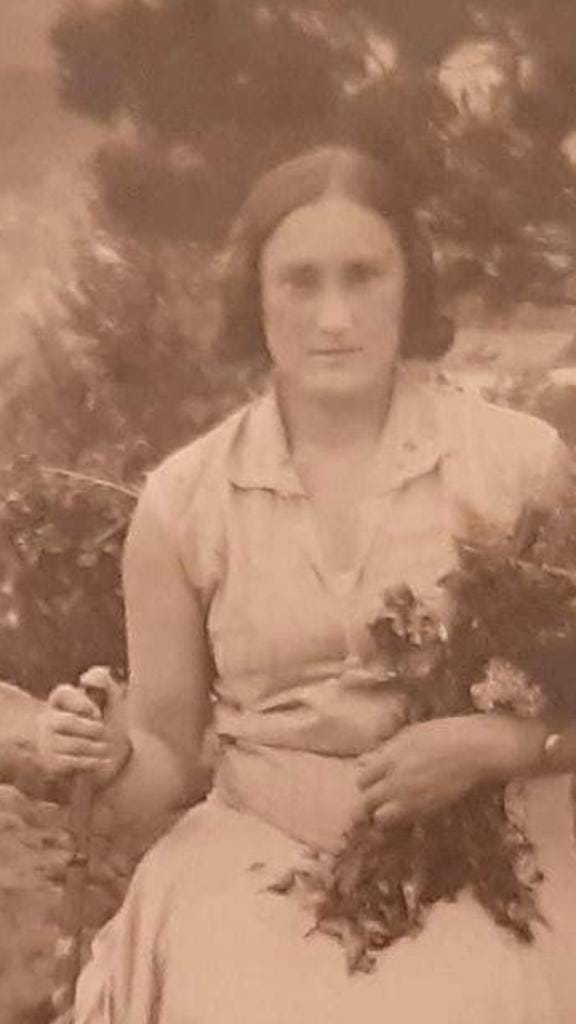
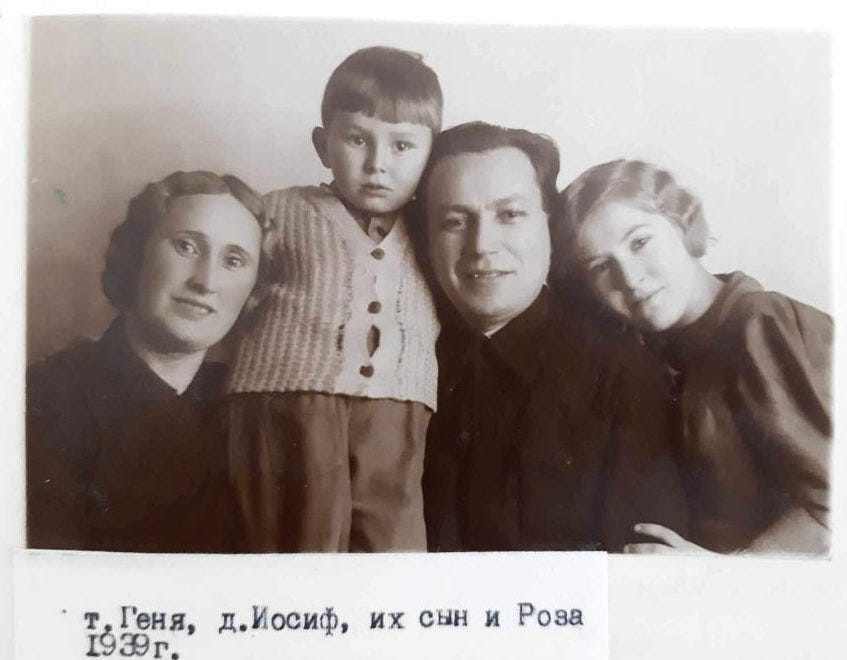

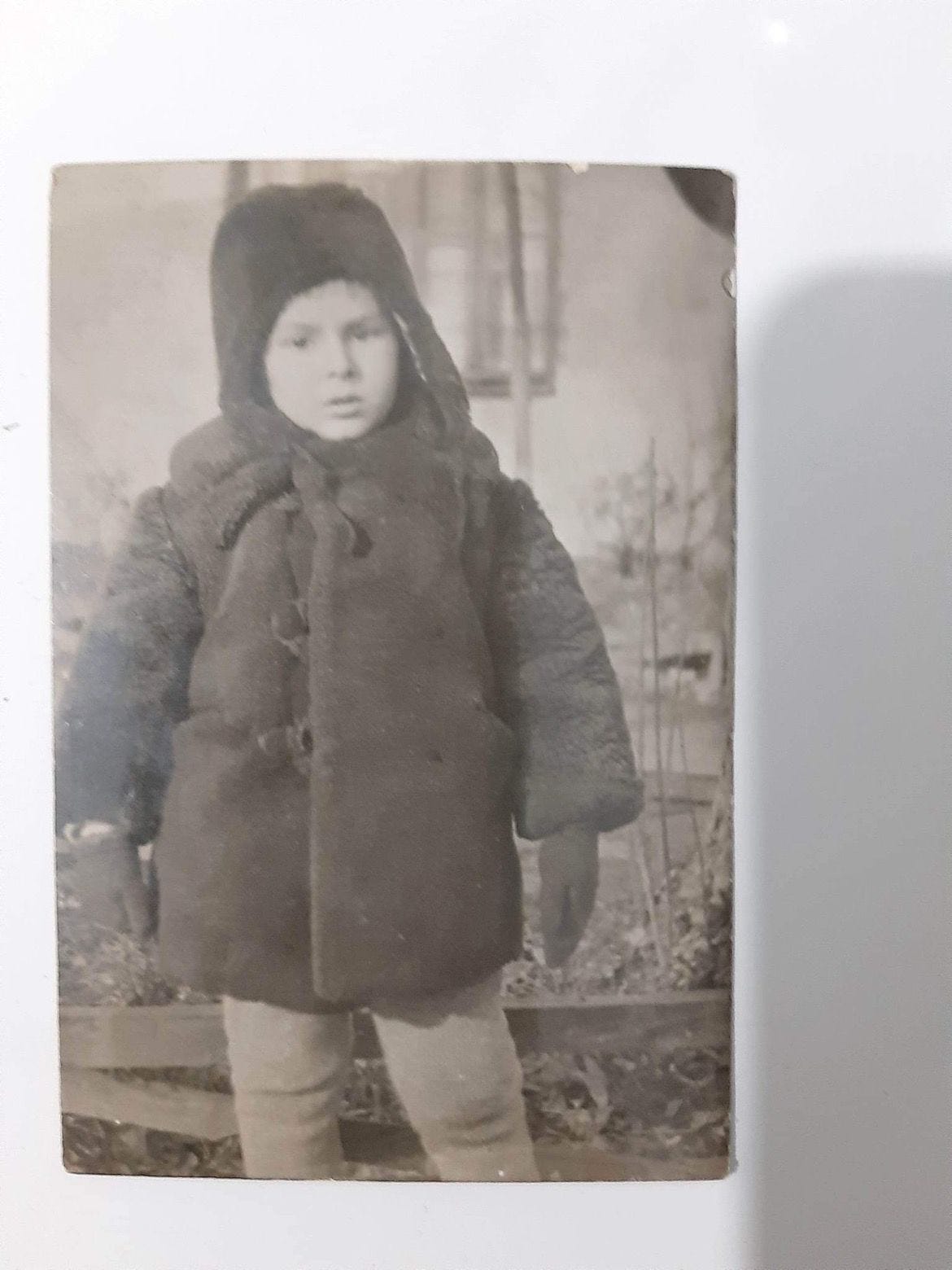



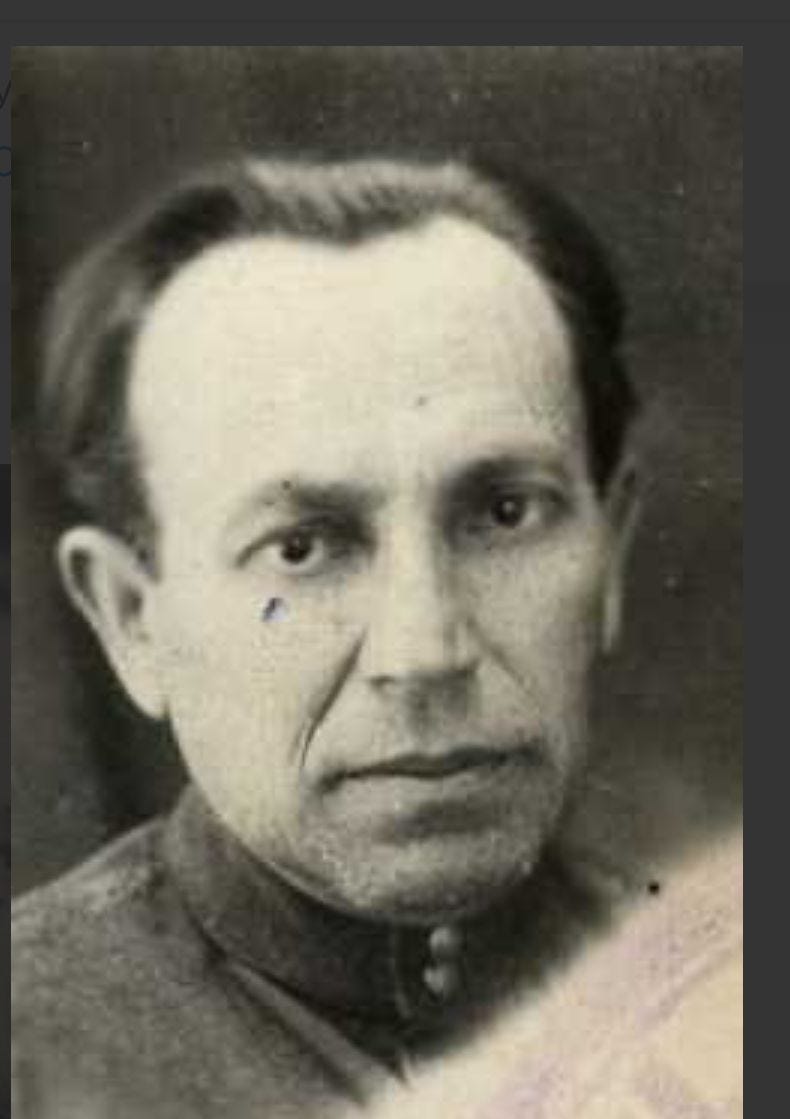



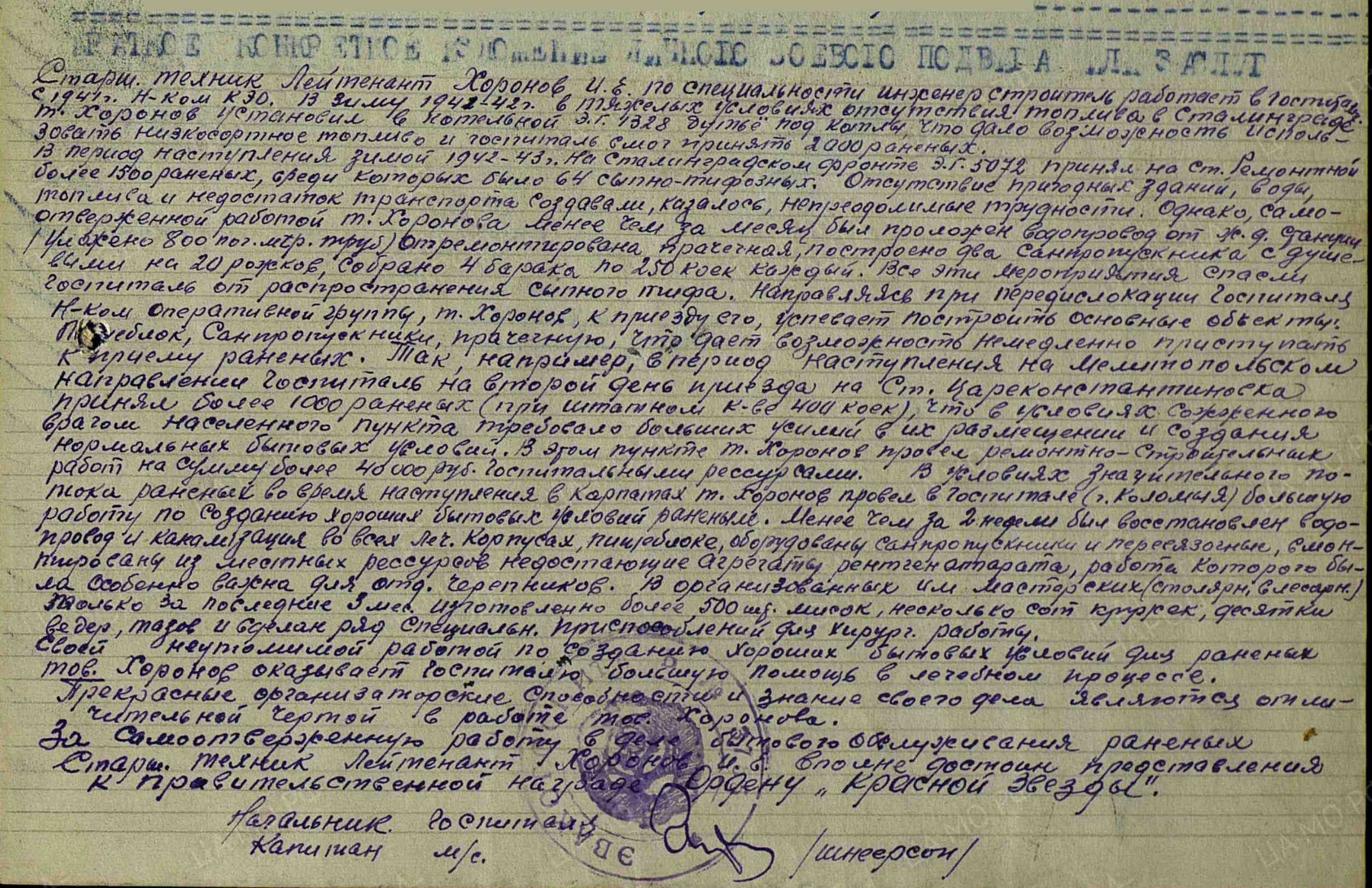

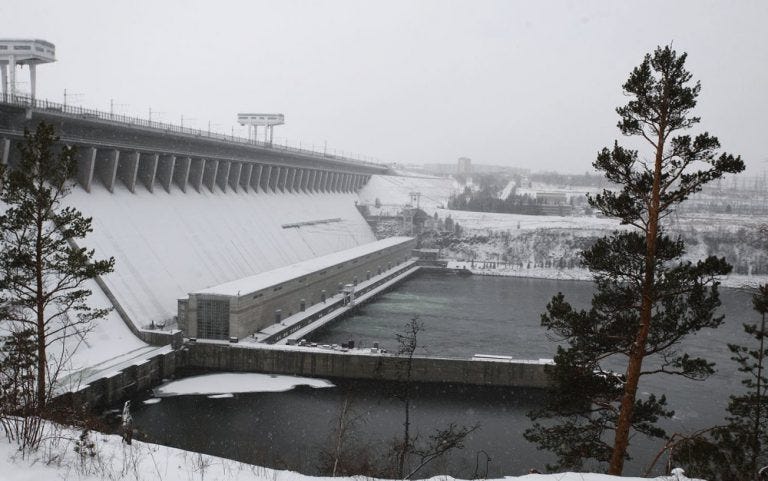
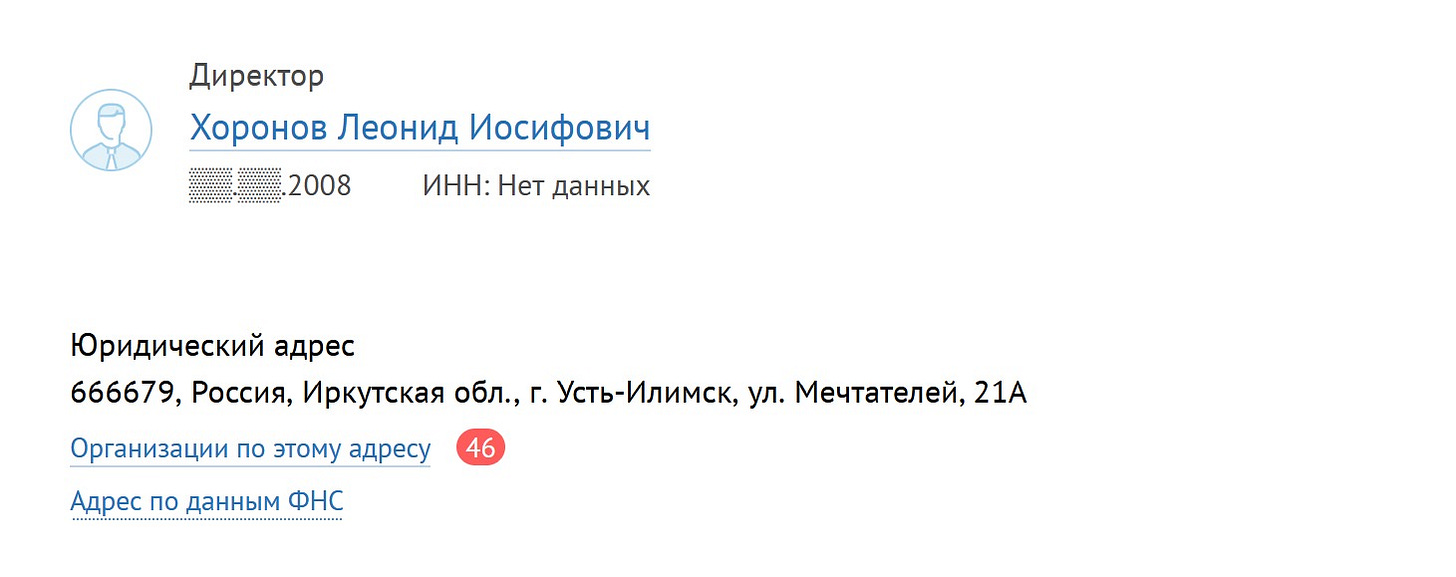
Another explanation for origin of Khoronov surname is twofold. 1. Before 1917 Revolution in Russia the surname was ben Horon, after the Revolution many Jews russified their names i.e. Khoronov, -ov in Russian means same as ben in Hebrew - son of. 2.The actual origin of Horon is more complicated, on the road (old) to Jerusalem there was Canaan town of Horon, dedicated to Canaan God Horon, the place is mentioned in the Bible, currently there are now two settlements Movo Horon and Beit Horon, this is one possibile origin of the name. The other possibility is from old Hebrew word Horon, meaning one who loves freedom. In modern Hebrew two words that share same root is Herut and Horin, if I remember correctly. I share same last name and my family is also from Odessa.
In the early 1950s, my grandmother was a surgeon in Moscow and was saved by her superior, Dr. Nikolay Yelansky OBM. Interestingly, this terror was quite chaotic. The NKVD would simply call the hospital administration office and demand that all Jewish staff report on a given day. Yelansky would warn my grandmother to skip work on certain days and then arranged for her to take an extended vacation. There was no order to this terror, much of it was random. Granted, she was not a prominent doctor at the time. I guess famous doctors could not escape so easily.